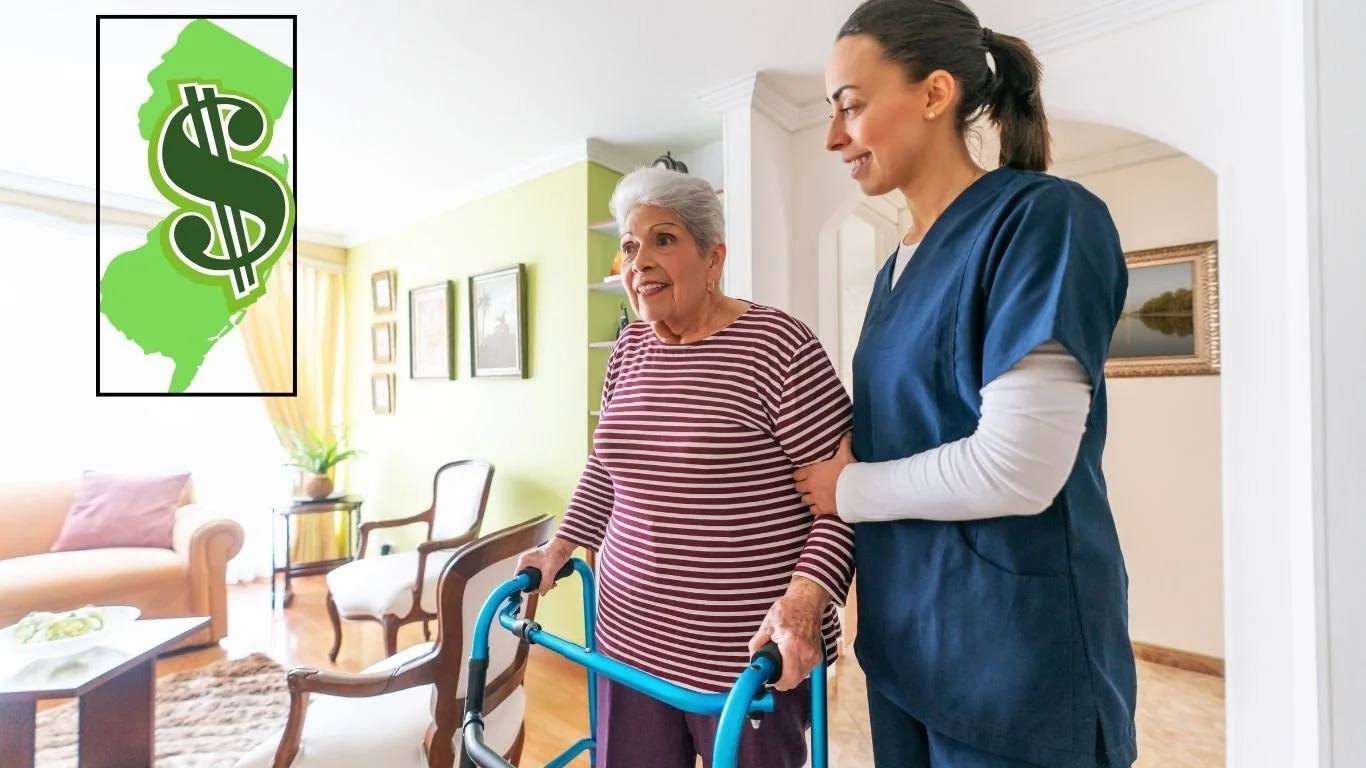Sticker Shock: Why New Jersey Leads the Nation in Assisted Living Costs
Another Expense New Jersey Leads in the Nation In
Making the choice to move a family member into assisted living isn't just emotionally challenging – in New Jersey, it can also be a major financial hurdle. If you're experiencing sticker shock while researching facilities in the Garden State, you're not alone.
Recent data from Genworth Financial's 2024 survey paints a sobering picture: New Jersey families are paying an average of $88,800 per year for assisted living care. That's a whopping $34,800 more than the national average of $54,000.
Why Are We Paying So Much?
The short answer? Location, location, location. New Jersey's prime spot between New York City and Philadelphia means everything costs more here, from groceries to housing. But there's more to the story:
- Our aging population is growing fast, creating fierce competition for quality facilities
- State regulations (while protecting our loved ones) drive up operational costs
- Many facilities here go above and beyond with resort-style amenities
The Cost Divide: From Highest to Lowest
Want to know how we stack up against other states? Here's the breakdown of annual assisted living costs across the country:
The 10 Most Expensive States
Looking at these numbers, it's pretty striking – you could pay more than double for assisted living in New Jersey compared to Arkansas!
Looking for More Affordable Options? Top 10 Least Expensive States
Before making any decisions, consider these alternatives that might be easier on your wallet:
Bringing care into the home through a qualified health aide
Adult day programs that offer both care and social connection
Government assistance programs (yes, you might qualify – it's worth checking)
Aging Place
More and more New Jersey seniors are exploring the option of aging in place – modifying their existing homes to accommodate changing needs rather than moving to assisted living facilities. This approach often involves installing safety features like grab bars and wheelchair ramps, incorporating smart home technology for monitoring and security, and gradually increasing in-home care services as needed. While the upfront costs of home modifications can be substantial – typically ranging from $10,000 to $50,000 depending on the scope of changes – they're often more economical in the long run compared to assisted living costs. Plus, there's the invaluable benefit of maintaining independence and staying in a familiar environment. Many families are finding creative solutions, like converting a first-floor room into a bedroom or installing a stair lift, to make aging in place both safe and comfortable. Local aging-in-place specialists and occupational therapists can assess your home and recommend specific modifications to support this increasingly popular alternative. Maybe if New Jersey’s zoning laws loosen up a bit, accessory dwelling units (ADUs) will become more of an option for aging seniors in NJ.
What's Behind These Price Tags?
Think of it like the real estate market: states with higher costs of living, more demanding regulations, and greater competition for specialized care (like memory care units) naturally command higher prices. The Northeast corridor, in particular, tends to have:
Higher property values and operating costs
Stricter staffing requirements
More extensive regulatory oversight
Greater demand for luxury amenities
Planning Ahead
While we can't change New Jersey's cost of living overnight, we can be smart about planning for the future. Consider:
Looking into long-term care insurance while you're still young and healthy
Having frank family discussions about future care needs
Meeting with a financial advisor to explore all your options
Researching government assistance programs before you need them
The bottom line? Yes, New Jersey's assisted living costs are eye-watering. But understanding why costs are so high and knowing all your options can help you make the best choice for your family's unique situation. The key is to start planning early – before you need to make this important decision. Remember, while cost is a crucial factor, it shouldn't be the only one driving your decision. Quality of care, location near family, and the specific needs of your loved one all play vital roles in this deeply personal choice. And if you're feeling overwhelmed by the numbers, you're not alone – reach out to local senior care advisors or support groups who can help you navigate this journey. They've helped countless families in your situation and can often point you toward resources you might not have known existed.
